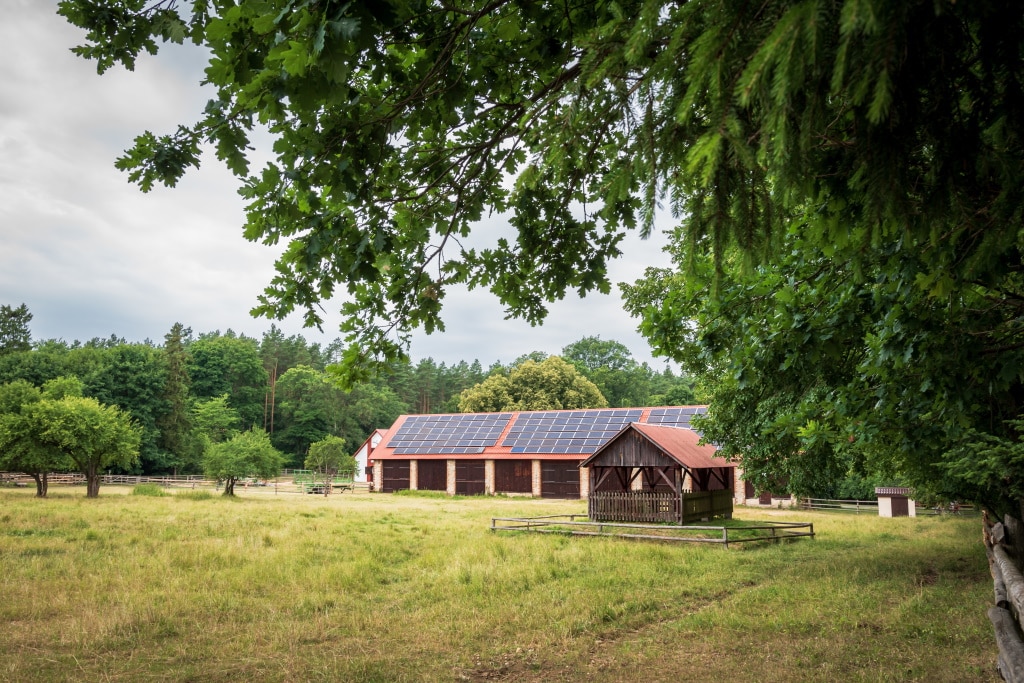The Gambia secures funding to improve essential services in rural areas. The €24 million grant was approved by the European Union (EU) on the sidelines of the Fifth United Nations Conference on the Least Developed Countries (LDC5), which took place from 5 to 8 March 2023 in Doha, Qatar. The grant is accompanied by an €8 million loan from the European Investment Bank (EIB).
The funding will support the implementation of a project to electrify 1,000 health centres and 100 schools in rural areas. “The project will transform our electricity sector by solarising 1,000 schools and 100 health centres, particularly in remote areas of the country. In addition, it will provide beneficiaries in the education and health sectors with clean and reliable energy, thereby reducing their carbon footprint,” explains Seedy Keita, Gambia’s Minister of Finance and Economic Affairs.
Read also- GAMBIA: Chinese company TBEA launches the construction of the Jambur solar power plant
Once operational, says the EIB, the World Bank co-financed project will increase the energy supply in The Gambia by one fifth. In addition to increasing access to electricity in rural areas, it supports the construction of a new photovoltaic plant in Jambur (23 MWp), near Banjul, and the strengthening of electricity transmission and distribution infrastructure.
The EU is stepping up its support for access to electricity and renewable energy production since Adama Barrow came to power in The Gambia on 17 January 2017. In 2019, the organisation has given the green light for the release of €106 million in funding, including €65 million in a 25-year concessional loan from the EIB and a €41 million grant from the EU budget. The funding was allocated under the Gambian government’s Renewable Energy Programme.
Jean Marie Takouleu
